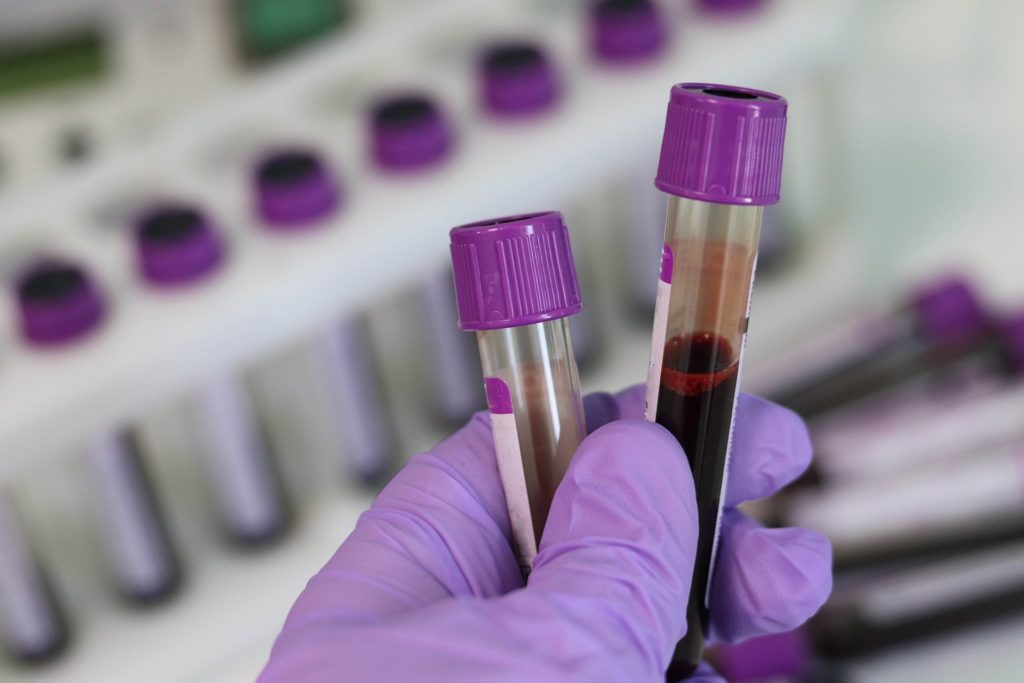Oxford researchers have found a correlation between deaths from COVID-19 infections and a poorly coordinated systemic immune response, as well as increased activity by Mucosal Associated Invariant T cells, or ‘MAIT cells’.

A study involving Oxford BRC-supported researchers published in PLOS Pathogens suggests there is a link between inflammatory responses in the body and increased mortality.
In humans, MAIT cells are a kind of white blood cell that helps defend the body against microbial activity and infection.
The mortality rate of COVID-19 patients requiring mechanical ventilation is 30-40 per cent. However, the immunological factors associated with death in critically ill COVID-19 patients are poorly understood.
Antibodies and T cells play a critical role in protecting the body from viral illness, but their exact role in responding to SARS-CoV-2 infection is unclear.
To better understand the immune abnormalities linked to critical illness and death in COVID-19 patients on ICU, researchers conducted a prospective observational study investigating the association of T cell and antibody responses with death in severe COVID-19.
They analysed blood samples from 41 COVID-19 patients who were being ventilated mechanically, carrying out immunophenotyping of T cell responses and a range of experiments analysing antibody responses.
They then compared their findings to a parallel set of 18 mechanically ventilated influenza patients, as well as to 12 patients with mild COVID-19 and 12 healthy controls.
The researchers, who include the Oxford BRC’s Co-theme Lead for Gastroenterology and Mucosal Immunity, Prof Paul Klenerman, found that fatal COVID-19 infections were correlated with poorly coordinated systemic immune responses, and an increased activation of MAIT cells was the strongest predictor of a fatal outcome.
The authors said: “Our study yields an enhanced understanding of the differential immunopathogenic processes driving critical COVID-19 and influenza, which can translate into improved immunotherapeutic approaches in patients with severe viral pneumonitis.”
They added: “In critically ill patients on ICU with COVID-19 and influenza, an unbiased analysis of the antiviral immune response revealed activation of a specific immune subset -Mucosal-associated invariant T (MAIT) cells – as a strong immunological predictor of death.”
“Survival in critical COVID-19 is associated with focused immune responses driven mainly by one cytokine – interferon alpha – in contrast to the very broad pro-inflammatory responses seen in those with fatal disease. This cytokine pattern linked to death versus survival separates critical COVID-19 from influenza.”